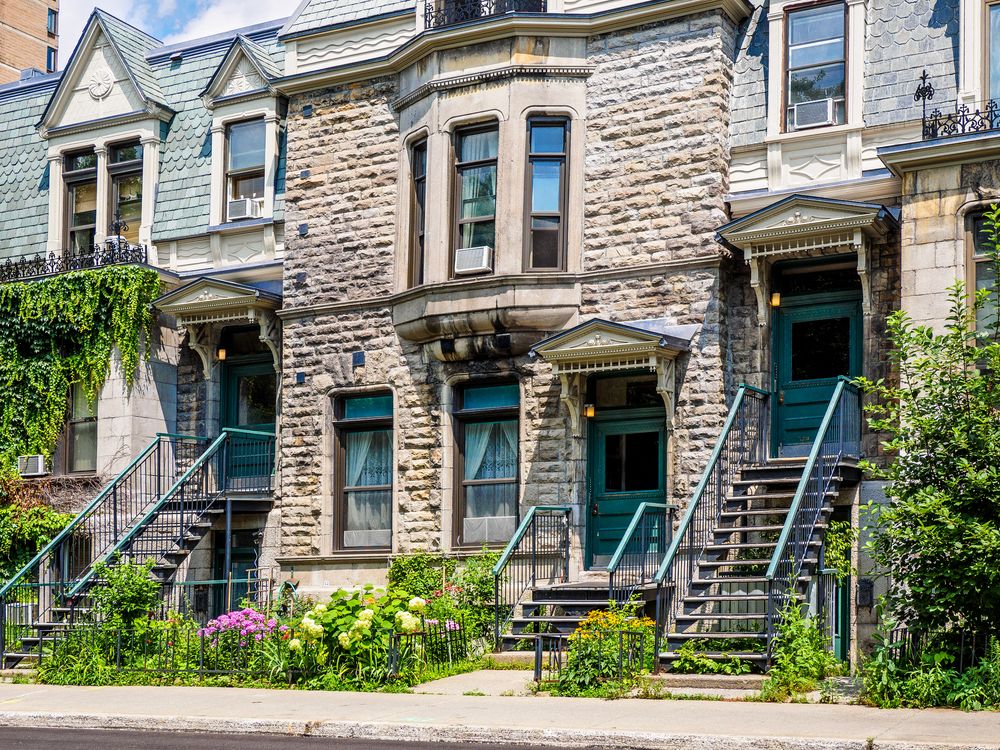Closed the deal, signed the checks, and got the keys? We hope you’re not surprised to know how much additional you might have to pay in addition to your down payment. This would be the case if you have already got an idea of the several closing costs related to buying a home. Many real estate contacts let the buyer inspect the home within 24 hours of the settlement to see the home’s condition. During your stay, which usually takes an hour or so, you and your agent must confirm the areas that the seller agreed to fix, have been fixed properly. Failure to do so would land you in unexpected closing costs. In this article, we highlight the top 10 closing costs when buying a house.
- Make Home Inspection Before Closing
The home inspection is relatively lesser than those potential repair costs that may arise unexpectedly after closing. A home inspector checks the plumbing, heating, electrical works as well as air conditioning, windows, floors, walls, ceilings, and other parts to ensure all home areas are in good condition.
2. Take Deposit Back
At the time of presenting an offer to buy a home, you need to deposit good faith within 24 hours of the offer acceptance. Upon closing, the deposit is credited toward the home purchase. Deposit decreases the overall interest amount to be paid on the mortgage.
3. Appraisal fee
Your loan amount is based on the appraised market value of your home. You need to pay this fee to the lender unless if the lender waives it off.
4. Property Boundaries Land Survey
Your lender may ask for a land survey to know your property’s boundaries to avoid any issue with neighbors in the future. The survey cost depends on the nature and volume of research and the weather.
5. Legal fees
Don’t forget you will need to pay to your real estate lawyer or notary for taking care of your paperwork.
6. Land transfer tax
The land transfer tax (LTT) is to be paid to the territory at the time of buying a property. The tax calculation is based on a multi-tiered system.
7. New home warranties
When you purchase a new home first time, buying a warranty is mandatory. The warranty typically covers material and work-related defects, along with structural abnormalities.
8. Insurance Cost
The insurances that you will be paying for include:
- Mortgage default insurance
- Mortgage life insurance
- Title insurance
- Home insurance
9. Utility Expenses & Property Taxes
In some cases, a buyer needs to pay the earlier owner for any utility expenses or property taxes they paid after the closing date. These are adjustments and include water, hydro, and property taxes.
10. Misc. Costs
Besides mandatory and important costs, there are some other costs you may have to bear:
- New appliances
- Repairs
- Fixtures
- Landscaping expenses
- Snow clearing tools etc.
Conclusion
If you are aware of these closing costs before moving out, you will be in a better financial position after the closing as you will not be a victim of unexpected costs and surprises that would empty your pocket at once.
